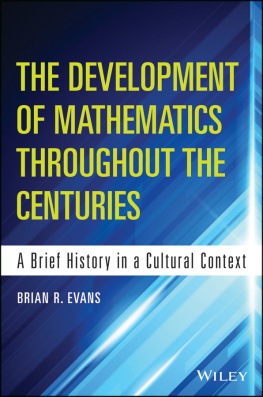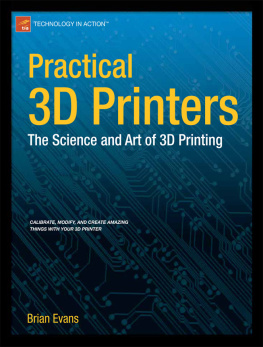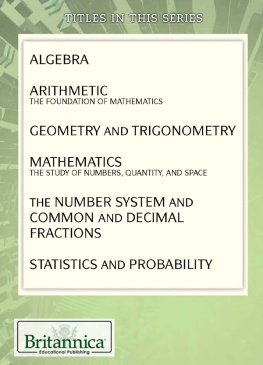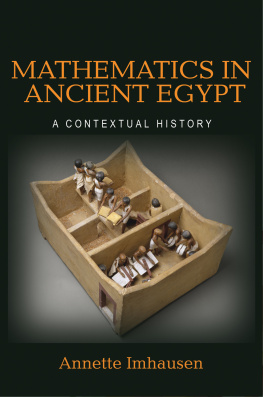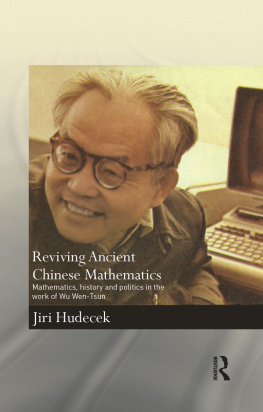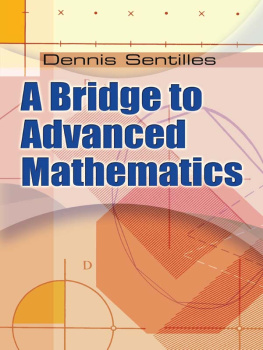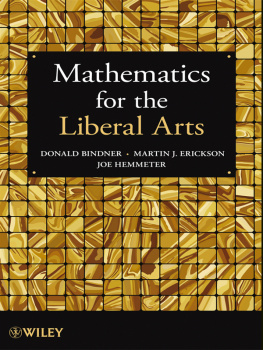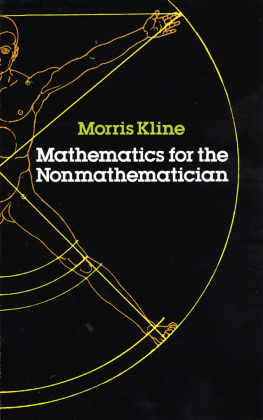
Table of Contents
Copyright 2014 by John Wiley & Sons, Inc. All rights reserved
Published by John Wiley & Sons, Inc., Hoboken, New Jersey
Published simultaneously in Canada
No part of this publication may be reproduced, stored in a retrieval system, or transmitted in any form or by any means, electronic, mechanical, photocopying, recording, scanning, or otherwise, except as permitted under Section 107 or 108 of the 1976 United States Copyright Act, without either the prior written permission of the Publisher, or authorization through payment of the appropriate per-copy fee to the Copyright Clearance Center, Inc., 222 Rosewood Drive, Danvers, MA 01923, (978) 750-8400, fax (978) 750-4470, or on the web at www.copyright.com. Requests to the Publisher for permission should be addressed to the Permissions Department, John Wiley & Sons, Inc., 111 River Street, Hoboken, NJ 07030, (201) 748-6011, fax (201) 748-6008, or online at http://www.wiley.com/go/permissions.
Limit of Liability/Disclaimer of Warranty: While the publisher and author have used their best efforts in preparing this book, they make no representations or warranties with respect to the accuracy or completeness of the contents of this book and specifically disclaim any implied warranties of merchantability or fitness for a particular purpose. No warranty may be created or extended by sales representatives or written sales materials. The advice and strategies contained herein may not be suitable for your situation. You should consult with a professional where appropriate. Neither the publisher nor author shall be liable for any loss of profit or any other commercial damages, including but not limited to special, incidental, consequential, or other damages.
For general information on our other products and services or for technical support, please contact our Customer Care Department within the United States at (800) 762-2974, outside the United States at (317) 572-3993 or fax (317) 572-4002.
Wiley also publishes its books in a variety of electronic formats. Some content that appears in print may not be available in electronic formats. For more information about Wiley products, visit our web site at www.wiley.com.
Library of Congress Cataloging-in-Publication Data:
Evans, Brian R.
The development of mathematics throughout the centuries : a brief history in a cultural context / Brian R. Evans, School of Education, Pace University, New York, NY.
pages cm
Includes bibliographical references and index.
ISBN 978-1-118-85384-9 (cloth)
1. MathematicsHistory. I. Title.
QA21.E78 2014
510.9dc23
2013041997
Introduction
There have been numerous books written about the history of mathematics, ranging from very brief introductions to extensive in-depth textbooks. This book is intended to provide a brief overview of the history of mathematics in a straightforward and understandable manner. By no means will this book cover the history of mathematics exhaustively or every mathematician whose work contributed to the evolution of mathematics. However, it will address major findings that influenced the development of mathematics as a coherent discipline.
Many books focus heavily on complicated mathematics, which is not easy to understand by many readers outside the discipline. The intention of this book is to present considerable mathematical content in an easy-to-digest manner. Moreover, this book will emphasize the historical foundations and background of the history of mathematics in order to provide context. There will be more mathematics content presented regarding the earlier historical periods because the mathematics discussed will be easier to understand for most readers, as opposed to its later developments. The mathematics presented in recent history would require advanced knowledge in the subject. Occasionally, however, this book will address mathematics that may assume prerequisite knowledge that may not be possessed by all readers. It is the author's belief that such an instance will rarely be encountered by most readers who have a high school background in mathematics and perhaps some college mathematics background as well. Readers who have been exposed to some calculus will have little to no trouble understanding the mathematics in this book. Hence, this book is written for a wide audience of readers. Readers with a range of basic high school or college mathematics backgrounds as well as students majoring in mathematics and high school mathematics teachers will find most of this book interesting and enjoyable. This book can be used as a textbook in a history of mathematics college class or even for pleasure reading and intellectual curiosity. Even a doctorate in the field may want to keep this book on hand as a quick reference guide. Middle school, high school, and college professors, and even elementary school teachers, may find this book useful in motivating their students to learn mathematics content through the use of mathematics history in their teaching. In order to be an effective teacher, it is important to engage students in the material. Introducing the history of mathematics can make the study of mathematics more enjoyable and help students see how mathematics developed throughout the centuries because it gives mathematics a human face. This book integrates formal history with anecdotes and legends, where appropriate, in order to make the reading more interesting. Even for the mathematical legends unlikely to be true, they have been constructed around significant historical figures and will be of interest to the reader. The reader will be notified when an anecdote or legend is merely speculative.
Another purpose of this book is to highlight the contributions made by various world cultures. The most recent books about the history of mathematics certainly have gone in this direction, but this book is intended to help the reader understand developments of mathematics around the world. Specifically, there are chapters presented on African, Egyptian, Babylonian, Chinese, Indian, Islamic, and Pre-Columbian American mathematics. It is important that students understand that mathematics has developed throughout the world and that no single culture has a monopoly on the subject. While there were remarkable mathematical developments in ancient Greece and throughout Europe in the Modern Era, these accomplishments would not have been possible without the contributions from various cultures such as Babylonian, Indian, and Islamic cultures. At the time Europe was in the Dark Ages, particularly in mathematics and science, great accomplishments were being made in China, India, and later the Middle East. It is commonly believed that much of modern mathematics was exclusively developed in Europe, but that is not the case. As addressed in this book, many of the concepts discovered by Europeans in the 17th to 19th centuries were discovered in some form, although often but not always more limited, much earlier in China, India, and the Middle East. Rich mathematical knowledge was also produced in parts of the Pre-Columbian Americas. This book will demonstrate that Indian and Islamic mathematics were highly influential on European mathematics, which began to more fully develop in the European Renaissance and would climb to remarkable heights throughout the 17th to 19th centuries.
Students from diverse cultures and backgrounds who believe that mathematics is an exclusively white male endeavor are less likely to be engaged in mathematics class. In fact, in a study in which children were asked to draw a mathematician, many children drew the stereotypical mathematician as an older white male. Nevertheless, after bringing diverse mathematicians into the classroom to speak with the children, many children drew diverse mathematicians of different backgrounds when asked to complete the task again.
Next page
